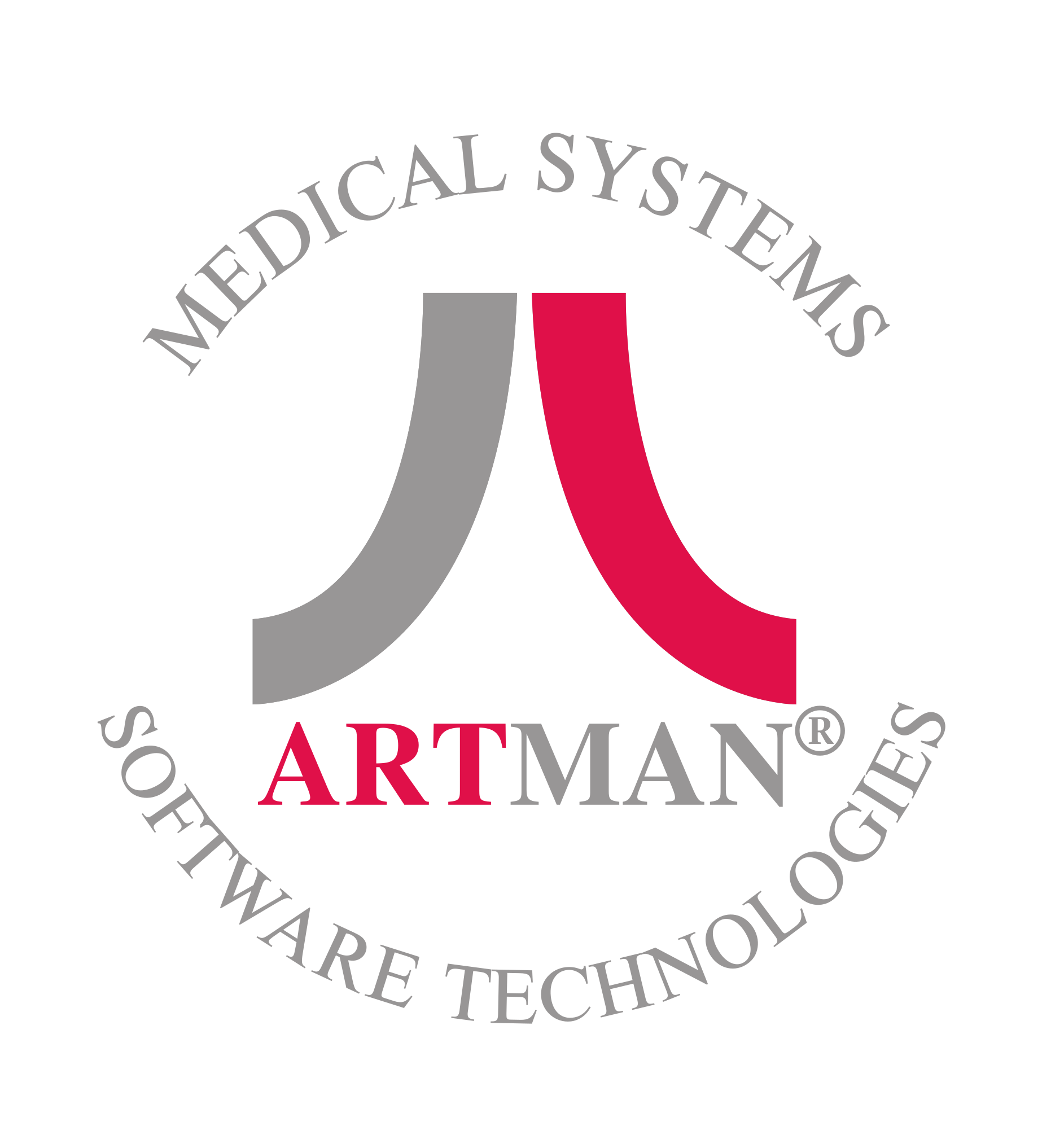Administration Module
An administration module is a crucial component of any National Transplant System that allows authorised users to perform administrative tasks related to managing the software application. This includes the following.
User and role registries
The user registry holds all user data, including login details and password reset options. These users are all assigned roles types, which are defined by the role registry. The administrator can view, edit, and manage the available items.
User and role permissions
The user and role permissions define what actions users with different roles can perform within the software application. For example, the administrator may have full access to all features and settings, while regular users may have access to only a subset of these. Setting these permissions properly ensures that users can only perform actions that are relevant to their job responsibilities.
Institution registries
The institution registries hold data of all institutions such as hospitals, dialysis, transplant centres. With this feature, the administrator can view, edit, and manage the available items, including the specialisation, region and relationship with other centres.
Software logs
Software logs, such as error, statement, debug, audit table logs, are an essential feature of the administration module as they track errors, user actions and system performance. This information is crucial to identify the source of the issue and help developers to address it. Additionally the administrators can view the actions of each user and ensure fair, secure and safe management.
